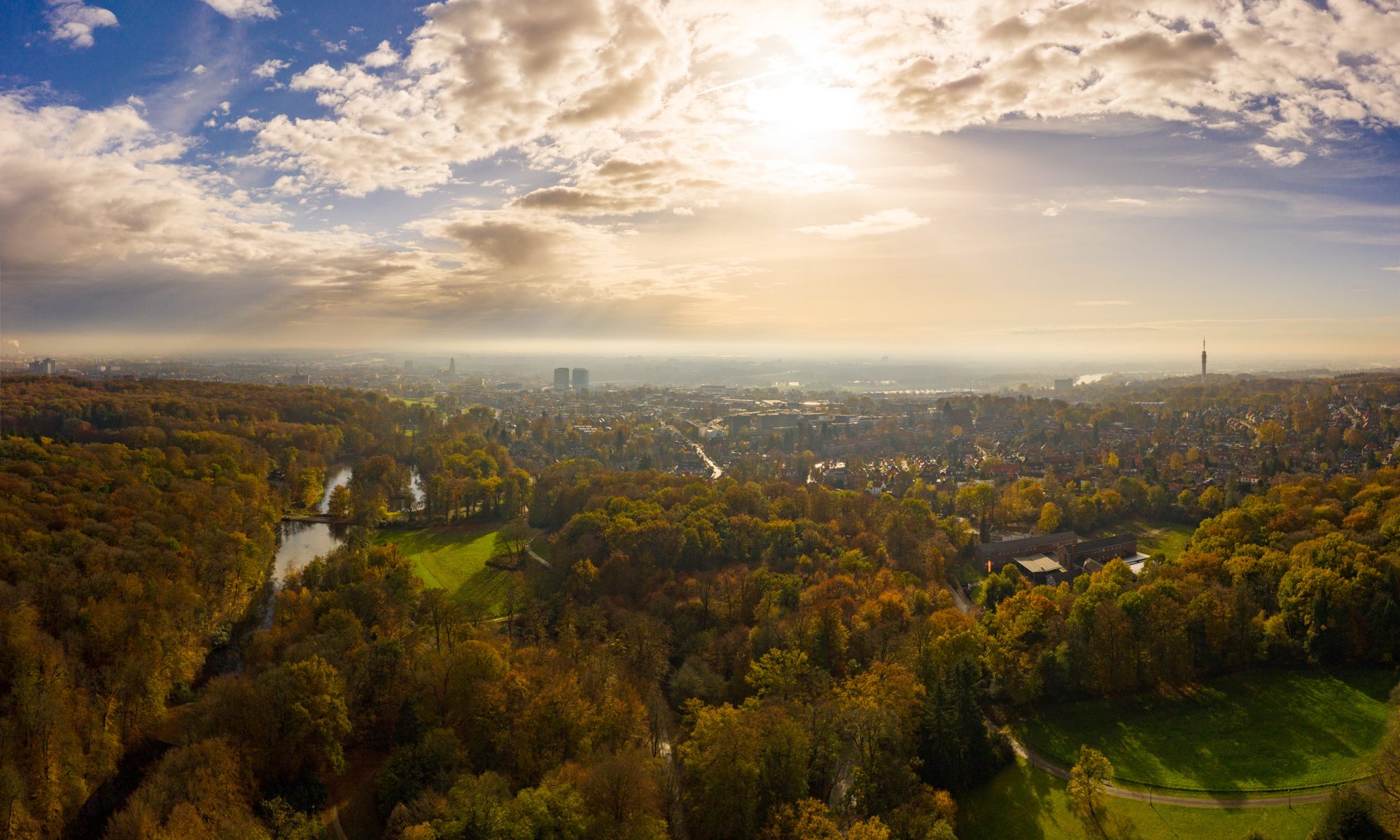Some time ago I wrote about the dangers of developments like child dossiers used by governments. One of the major risks is that people that will use this information use it without knowledge of the context when the information was stored. Information without context is hard to interpret leaves a lot of room for personal biases.
The Rathenau project I am doing deals with how the information anyone can find on the Internet will more and more become the context from which much of the official information in databases like Electronic Patient Files, Child Dossier, Civil Administration and others will be interpreted. This I showed also in the case on the social services. And many will recognize how they are using information found on the Internet as the context of the CV of a job applicant.
In relation to the social services we can debate whether this is a bad thing. After all the government also used special “kliklijnen” where people can complain anonymous about the black market activities of their neighbour on welfare. Not to say I approve of this method but it is legal.
But what about a health insurance company that starts to search the Internet for information on their patients. By law the insurance company has no access to the patients medical record. Are they allowed to factor in the information they can find on the Internet? I would say not but how can we prevent them from using this information. We can not prevent them from finding this information…
An example someone from CBP gave made me think. Say a woman just found out she is pregnant and has discussed morning sickness on a forum on the Internet. A week later she has a job interview where the HR manager has found this information. Even though as a society we have accepted that a potential pregnancy should not be discussed in job interviews we can not prevent people from using this information when they accidentally find it. And due to all kinds of mechanism I will discuss soon it is getting harder to stay anonymous on the Internet.
We can and should not control the information that is on the Internet. But on the one hand we will have to develop laws that govern what institutions are allowed to use and on the other hand we ourselves will have to deal with the fact that much personal information can be found.
Unless of course your name is Jan Jansen…
Who do you call
 When I start to work on something new the first thing you do is find a lot of information about the subject you are going to deal with. However, information only gets you started. In order to really understand a subject it is essential to talk to people that have dealt with it before. You can read a wall of books on how to cure diseases but there is no substitute for a talk with the real expert. In every field the amount of knowledge to make the right decisions is so vast, you simply can not write everything down.
When I start to work on something new the first thing you do is find a lot of information about the subject you are going to deal with. However, information only gets you started. In order to really understand a subject it is essential to talk to people that have dealt with it before. You can read a wall of books on how to cure diseases but there is no substitute for a talk with the real expert. In every field the amount of knowledge to make the right decisions is so vast, you simply can not write everything down.
In the past I did a project for bakery’s and my task was to write down how they make the bread. One of the issues was how we could describe the moment the dough is ready to be laid down to rest. Terms like stickiness, feel, elasticity and many others where mentioned but there was no way to get a good description to tell someone knew when it was OK. The only way to learn this was to work together with an expert and be shown how it was to be done.
(this reminds me of a story from Winnie the Pooh. Someone asks Winnie what he likes most in the world. And he thinks in his mind that honey of course is very nice. But the moment just before eating the honey, that was the best….. but he did not know the word for this moment.
For me this leads to the conclusion that we can not rely on written information to understand the complexities of real life. We need the knowledge and interpretation of experienced people to understand what it means.
There I think there are quite some risks in a project like “kindbeeld”, a government project in the Netherlands where all information regarding a child is stored in a system so it is easier to see when something goes wrong, even though the child has moved quite often (the idea is a nationwide implementation). When we all lived our lives in the same villages there was no need for such a system since people knew each other. But the risk with a system like this is that people using this information will give a totally different interpretation of what is meant.
In a project we did some time ago we did not provide people with the information itself but gave back the contact information of the people that wrote down this information. The idea is that it is better to call these people and really get their opinion than to misinterpret the written words.
People (and children …) are a lot more complex than making bread. We should be careful not to overestimate the power of information without context.
